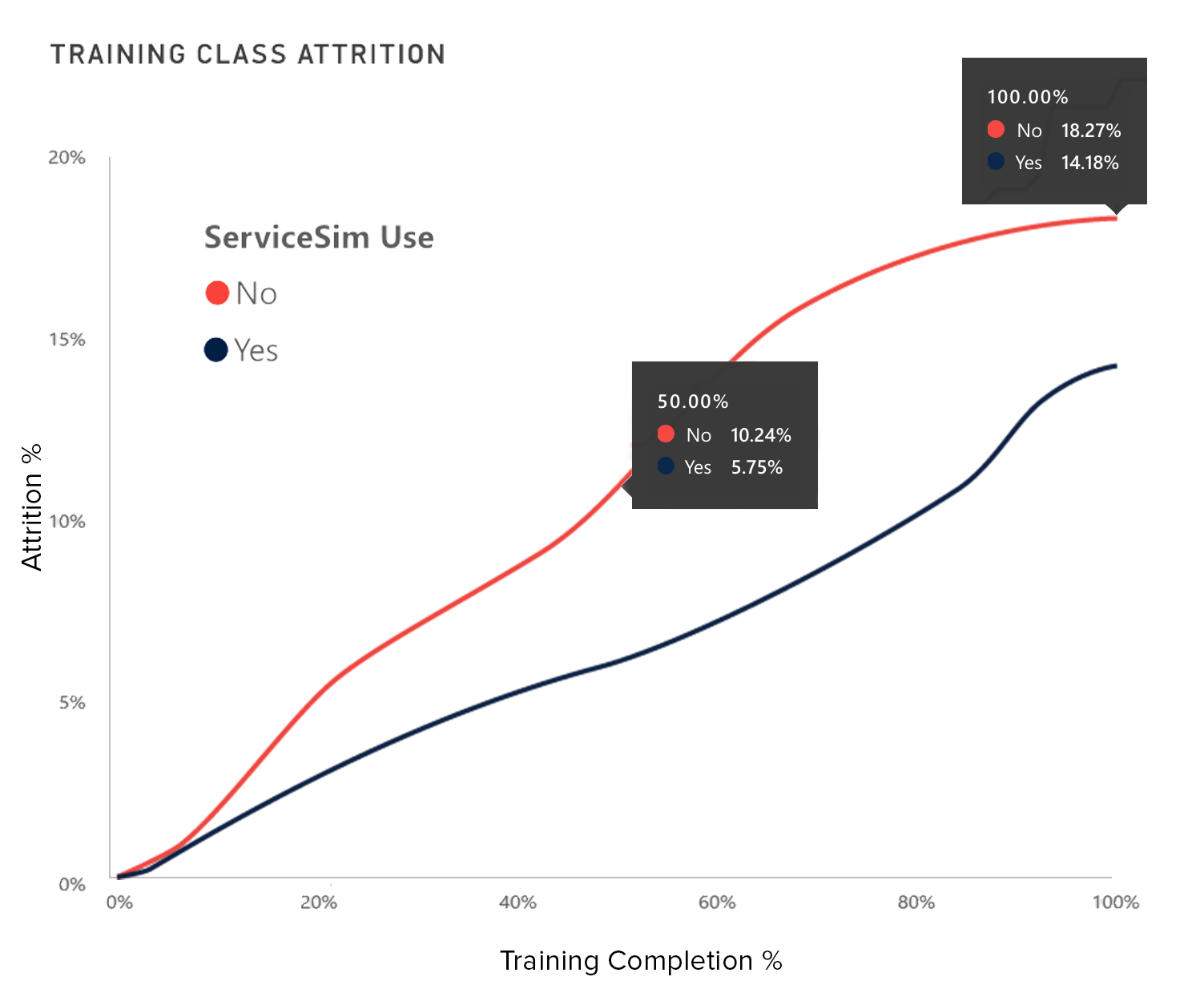From chatbots that handle routine queries to machine learning algorithms that predict customer needs, AI is transforming the way we engage with customers. However, as we embrace this technological revolution, it’s crucial not to lose sight of the human element that remains essential to a successful AI strategy. Human oversight in AI implementations is not just a safeguard—it’s the key to unlocking the full potential of AI in contact centers.
Balancing Automation with Human Insight
AI offers remarkable benefits, but it’s not infallible. Algorithms can process vast amounts of data and recognize patterns faster than any human could, yet they lack the ability to fully understand context, emotion, and nuance. This is where human judgment comes into play.
For instance, an AI might flag a particular interaction as successful because the customer received the correct information. However, a human agent reviewing the same interaction might notice that while the customer got the right answer, the tone of the conversation was off-putting or lacked empathy, which could lead to dissatisfaction down the line. Human insight ensures that AI doesn’t just meet quantitative metrics but also aligns with qualitative standards that define a truly excellent customer experience.
Download Now: Your Roadmap to Successful AI Implementations in the Contact Center
Moreover, AI-driven systems can sometimes make errors or produce results that don’t align with brand values. In such cases, human oversight is crucial to intervene, correct, and refine the AI’s performance. This balance of automation with human insight ensures that customer interactions remain both efficient and empathetic.
Strategies for Effective Oversight
Integrating human oversight into AI-driven processes isn’t just about having people monitor systems—it’s about establishing a partnership where human expertise enhances AI capabilities. Here are some best practices for achieving this balance:
- Design with Human Input: From the very beginning, involve human agents in the design and development of AI systems. Their frontline experience provides valuable insights into customer needs, which can help in creating AI tools that are more aligned with real-world scenarios.
- Continuous Training and Tuning: AI systems should be continually updated with new data and feedback. Human agents can provide contextual insights that help in fine-tuning algorithms, making the AI more adaptable to evolving customer behaviors and expectations.
- Establish Clear Escalation Protocols: Not all customer interactions are suitable for AI resolution. Establish clear protocols for when and how cases should be escalated to human agents, ensuring that complex or sensitive issues are handled with the necessary care.
- Regular Audits and Reviews: Conduct regular audits of AI-driven processes to ensure they are performing as expected. These audits should include both quantitative and qualitative assessments, with human oversight ensuring that the AI is not just meeting performance metrics but also delivering on the brand promise.
- Empower Agents with AI Tools: Rather than viewing AI as a replacement for human agents, see it as a tool that can empower them. Equip agents with AI-driven insights that can help them make more informed decisions and provide a higher level of service.
The future of contact centers lies in the symbiotic relationship between AI and human oversight. While AI can handle routine tasks with speed and efficiency, human judgment is crucial for maintaining the quality and empathy that define exceptional customer experiences. By integrating human oversight into AI-driven processes, contact centers can ensure that they are not just meeting customer expectations but exceeding them.
As you develop your AI strategy, remember that it’s not just about the technology—it’s about how you use that technology in conjunction with human expertise to create a seamless, satisfying, and meaningful customer experience. AI and human oversight are not mutually exclusive; they are partners in the ongoing journey to deliver better, more personalized service.
SUBSCRIBE FOR EMAIL UPDATES

